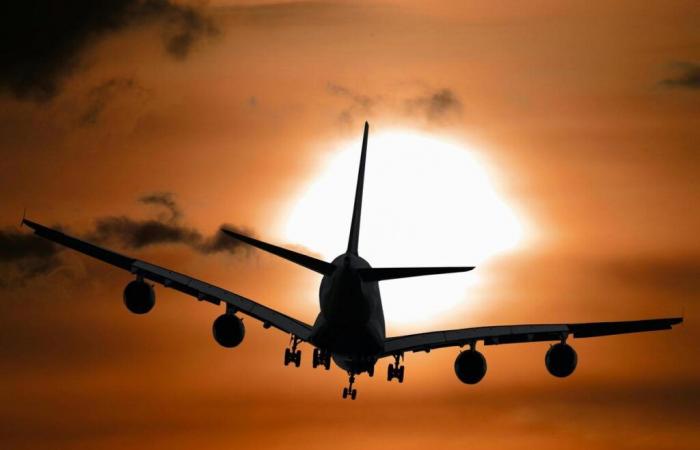The restrictions relate to various aspects: quantity, packaging, format, and sometimes the requirement for a prescription.
Before traveling, it is important to know where to place your medications. Depending on the type of treatment, you can transport them in the cabin or in the hold, but certain medications may be prohibited depending on your destination. Here are the main rules to follow to travel peacefully.
Medicines allowed in cabin baggage
Solid medications (tablets and capsules)
Solid medications, such as tablets and capsules, can be transported in your cabin baggage without any particular restrictions, regardless of the number of medications.
It is recommended to keep them in their original packaging and put them in a separate pouch during security check for ease of verification.
However, some medications may be considered controlled substances in some countries. If in doubt, contact your airline before departure to avoid confiscation at the airport.
Liquid medications and gels
Medicines in liquid form (syrup, gel, paste) can also be transported in the cabin, but must respect the limit of 100 ml per bottle and be stored in a transparent plastic pouch.
If your liquid medicine exceeds this quantity, you will have to prove that it is essential for your medical treatment. In this case, a prescription or medical certificate may be required.
For example, for liquid medications greater than 100 ml, syringes, or even oxygen concentrators, a medical certificate is necessary. Expect the security check to take a little longer for these items.
Are medications allowed in the hold?
Rules for medicines in the hold are generally more flexible, since passengers do not have access to their luggage during the flight.
However, it is crucial to check that the medicines being transported are authorized in the destination country. Regarding quantities, there are no specific restrictions for medicines in the hold.
Precautions for sensitive medications
It is important to note that some medications, especially liquid medications, can deteriorate due to temperature and pressure changes on an airplane. Treatments in tablet or capsule form are generally less susceptible to these conditions. To minimize risks, it is recommended to keep sensitive medications in your cabin baggage or divide them between your cabin suitcase and the hold.
Should you take your medical prescriptions on a plane?
Yes, it is strongly recommended to carry a medical prescription when transporting medication, particularly for specific treatments or liquid medications over 100 ml. Some airlines may require a letter from your doctor confirming the need for your treatment. If you are going abroad, also make sure that your medicines are authorized in the destination country and find out about the local specificities regarding their transport.






